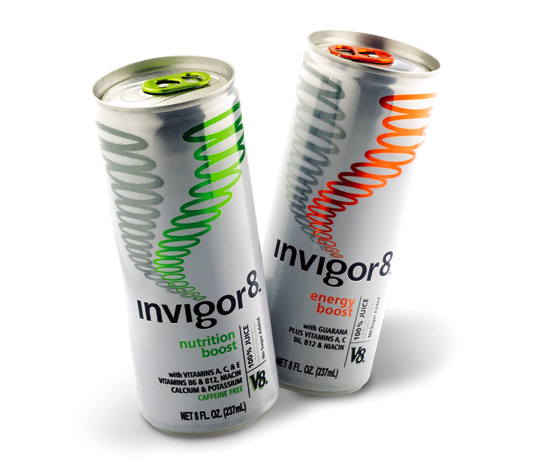The majority of people affected by Multiple Sclerosis
(paMS) experience severe and disabling fatigue. A recent randomised
controlled trial (RCT) showed that cognitive behaviour therapy with a
clinical psychologist was an effective treatment for MS fatigue.
An
Internet-based version of this intervention, MS Invigor8, was developed
for the current study using agile design and input from paMS. MS
Invigor8 includes eight tailored, interactive sessions. The aim was to
test the feasibility and potential efficacy and cost-effectiveness of
the programme in a pilot RCT. 40 patients were randomised to MS Invigor8
(n=23) or standard care (n=17). The MS Invigor8 group accessed sessions
over 8-10 weeks and received up to three 30-60min telephone support
sessions. Participants completed online standardised questionnaires
assessing fatigue, mood, quality of life and service use at baseline and
10 weeks follow-up. Large between group treatment effects were found
for the primary outcomes of fatigue severity (d=1.19) and impact
(d=1.02). The MS Invigor8 group also reported significantly greater
improvements in anxiety, depression and quality-adjusted life years.
These data suggest that Internet-based cognitive behavioural therapy may be a clinically and
cost-effective treatment for MS fatigue. A larger randomised controlled trial with longer term
follow-up is warranted.
If we can have a dissociation from the need for therapy to involve hospital visits, we can make the post code lottery of care, less apparent. The Invigor8 was developed by UK researchersm it involves internet based cognitive behavioural therapy.
Can you remember the picture posted in January, my bit of CBT.
